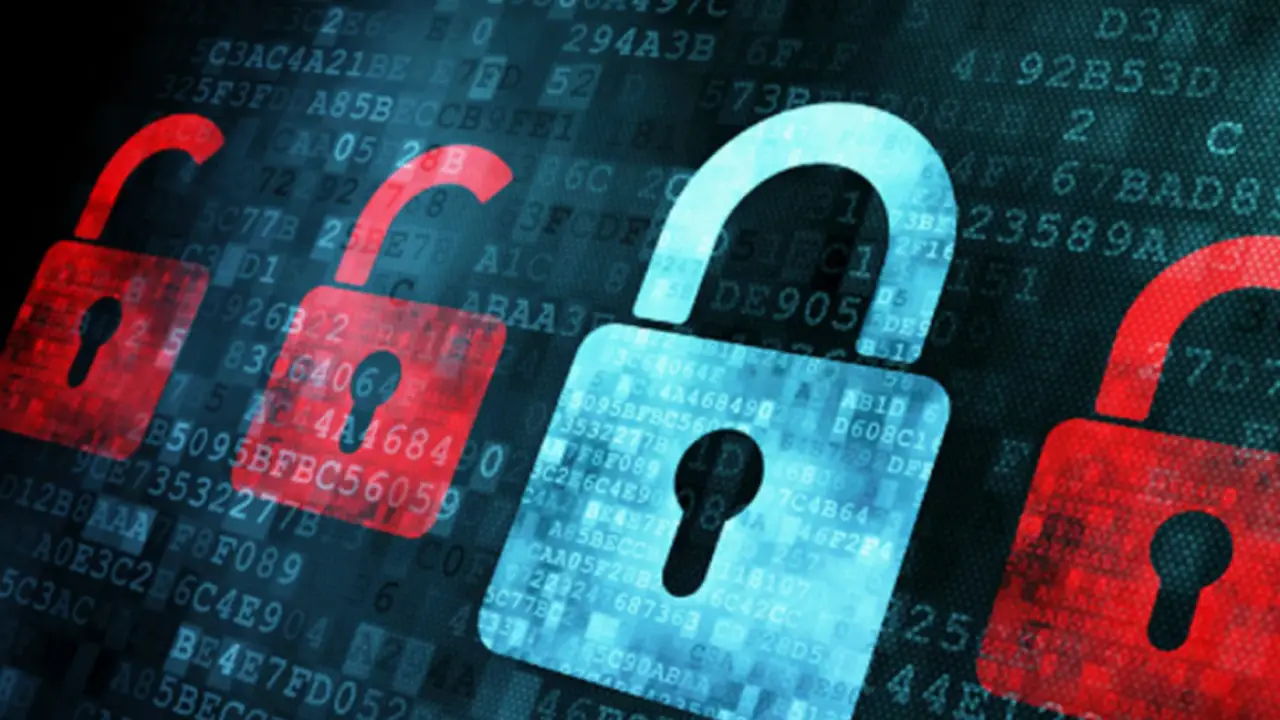In today’s digital age, the internet has become part of our daily lives, from social media and online shopping to banking and remote work. But with these conveniences also come serious risks such as scams, hacking, identity theft, and phishing attacks. For Nigerians, where online fraud is becoming more sophisticated, staying safe online is not just important; it’s necessary.
Below are 10 practical tips to protect yourself whenever you go online:
1. Use Strong and Unique Passwords
Never use the same password for all your accounts. A strong password should include letters, numbers, and symbols. For example, instead of using chioma123, try something like C!h0m@_Secure2025.
Pro Tip: Use a password manager to keep track of multiple accounts.
2. Enable Two-Factor Authentication (2FA)
Most social media and banking apps now allow 2FA. This means even if someone gets your password, they can’t log in without the code sent to your phone or email.
3. Beware of Phishing Links
Online scammers often send fake links that look like real websites. Before clicking any link (whether on WhatsApp, email, or SMS), double-check the URL. If it looks suspicious — don’t click!
4. Update Your Devices Regularly
Outdated phones, laptops, and apps often have security holes hackers can exploit. Always update your software to the latest version.
5. Be Careful with Public Wi-Fi
Free Wi-Fi in cafés, airports, or hotels is often not secure. Avoid using it for sensitive transactions like banking. If you must use it, turn on a VPN (Virtual Private Network).
6. Protect Your Personal Information
Don’t overshare on social media. Fraudsters can use details like your date of birth, address, or even pet’s name to guess passwords or impersonate you.
7. Watch Out for Online Scams
From fake job offers to “investment opportunities” promising unrealistic returns, scammers are everywhere. Remember: if it sounds too good to be true, it probably is.
8. Secure Your Banking Apps
Always lock your phone and banking apps with biometrics (fingerprint or face ID) or strong PINs. Never share OTPs (One-Time Passwords) with anyone — not even “bank staff.”
9. Backup Your Data
Regularly backup important files, either on cloud storage (like Google Drive) or an external hard drive. This protects you if your device is lost, stolen, or hacked.
10. Educate Yourself and Others
Cybercriminals evolve daily. Follow trusted sources like NITDA, EFCC alerts, or cybersecurity blogs to stay informed. Also, share safety tips with friends and family — especially elders who may be less tech-savvy.
Conclusion
The internet can be a powerful tool for opportunities, connection, and growth, but it’s also full of risks. By following these 10 safety tips, you can enjoy the benefits of being online while keeping your data, money, and identity secure.
Staying safe online is not just about protecting yourself — it’s also about protecting the community around you. Stay smart, stay safe.








